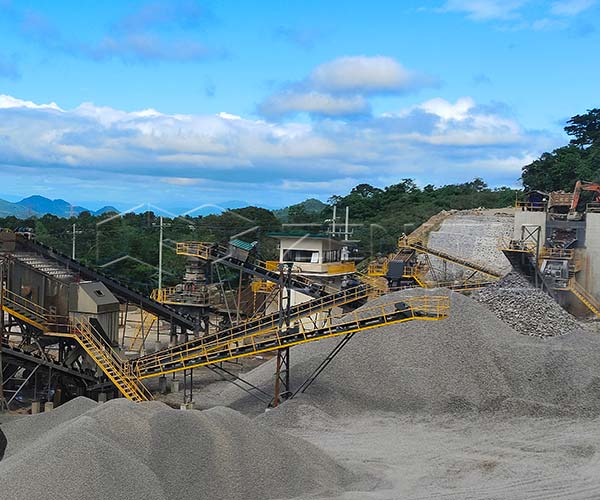
This price aims to equip buyers in the Philippines with essential knowledge on stone crusher types, pricing factors, and purchase considerations to make informed and cost-efficient decisions for their construction and mining projects. Proper selection aligned with project demands and budgetary constraints will ensure optimal performance and return on investment in this vital heavy equipment sector.
24 Online Service
Stone crushers are essential machinery in the construction and mining sectors, designed to break down large rocks into smaller, manageable sizes for various applications like road building, concrete production, and aggregate supply.
Primary Function: These machines apply compressive force to crush stones, ensuring efficiency in material processing.
Common Uses: Widely utilized in quarries, construction sites, and recycling plants across the archipelago.
In the Philippines, the demand for stone crushers has surged due to ongoing infrastructure projects under the Build Build Build program and private developments in urbanizing areas like Metro Manila and Cebu.
Market Growth: Rapid urbanization drives a 5-7% annual increase in machinery sales.
Import Trends: Many units are imported from China, Japan, and Europe, influencing local pricing.
Investing in a stone crusher requires careful consideration of capacity, durability, and cost-effectiveness to meet operational needs.
The Philippine market features a variety of stone crusher types, each suited to specific crushing stages and material hardness levels.
Capacity Range: From 1 to 1000 tons per hour, depending on model size.
Advantages: Simple structure, low maintenance, and high reduction ratio.
Efficiency: Hydraulic adjustments for precise output sizing.
Applications: Perfect for producing sand and gravel in riverbed operations.
Mobility Options: Available in stationary or mobile variants for on-site use.
Energy Use: High-speed rotors ensure quick processing but may require more power.
Hammer mills, though less common, are used for fine grinding in smaller-scale operations.
In 2025, stone crusher prices in the Philippines reflect global trends adjusted for local currency and taxes (10-12% import duty). Ranges are in PHP, based on recent listings and market analyses; actual quotes may vary by supplier.
Small models (10-20 tph, e.g., PE250x400): PHP 500,000 – 1,000,000.
Medium (50 tph, PE400x600): PHP 1,500,000 – 3,000,000.
Large (100+ tph): PHP 4,000,000 – 10,000,000.
Entry-level (50 tph, PF1010): PHP 2,000,000 – 4,000,000.
Standard (100-180 tph, PF1214): PHP 5,000,000 – 8,000,000, equivalent to about USD 36,000-38,000.
Basic (50 tph): PHP 3,000,000 – 6,000,000.
Advanced mobile cone (80-120 tph): PHP 7,000,000 – 12,000,000.
50-80 tph units: PHP 12,000,000 – 16,000,000.
80-120 tph: PHP 18,000,000 – 25,000,000, with jaw variants starting at PHP 1,650,000 (USD 30,000 equivalent).
These figures include basic setups; customizations like screens or conveyors add PHP 1-5 million. Diesel-powered options, like a 20-ton jaw crusher, list at PHP 852,300 on local marketplaces.
Offer warranties, updated technology, and better efficiency.
Higher initial cost but lower risk of breakdowns.
More affordable, usually 30–60% cheaper than new models.
Require careful inspection to avoid hidden repair costs.
Decision depends on budget, project scale, and maintenance capabilities.
Zenith– Known globally for reliability and advanced crushing systems.
Offers durable and high-performance cone and jaw crushers.
Popular for mobile crushing units with user-friendly designs.
Provide more affordable solutions, though often with limited after-sales support.
Smart purchasing strategies can optimize value and minimize risks.
Site Evaluation: Consider terrain and power availability.
Throughput Calculation: Match crusher size to daily production goals.
Pre-Purchase Checks: Verify engine hours and part compatibility.
Third-Party Audits: Hire engineers for impartial assessments.
Service Contracts: Annual maintenance at PHP 50,000-100,000.
Payment Plans: 0% interest for 12 months from select vendors.
Tax Breaks: BOI-registered buyers get deductions on imports.
Sustainability Grants: For eco-compliant models under green initiatives.
Budget for ongoing costs beyond the purchase price.
Our Projects
Copyright © ZENITH, All Right Reserved.
